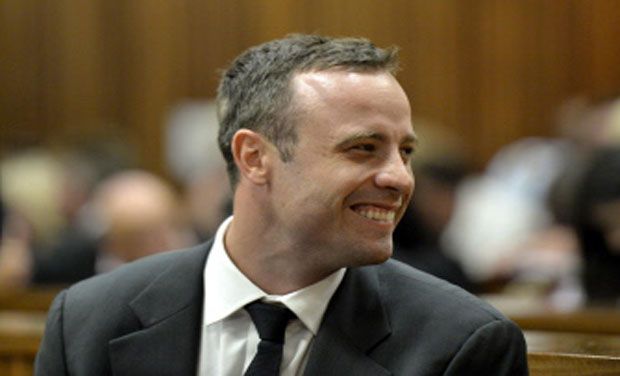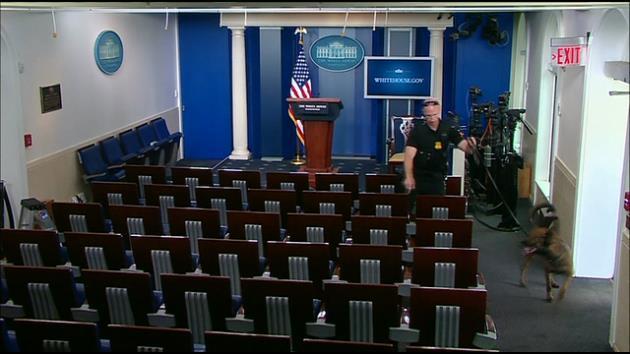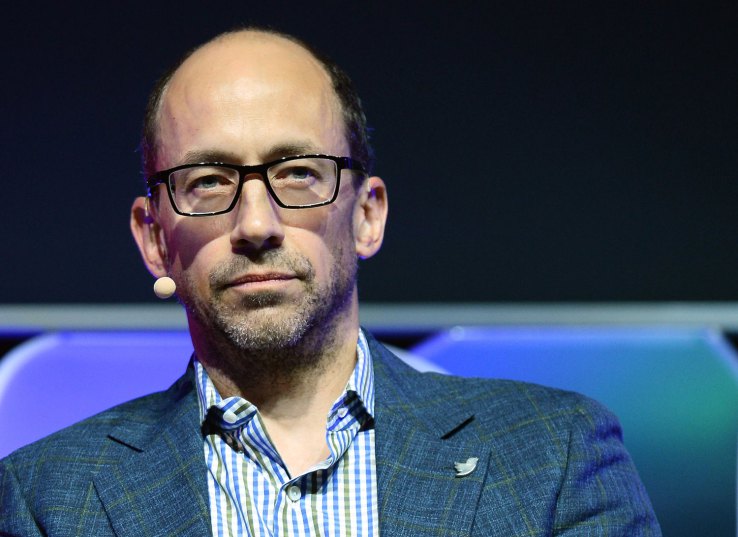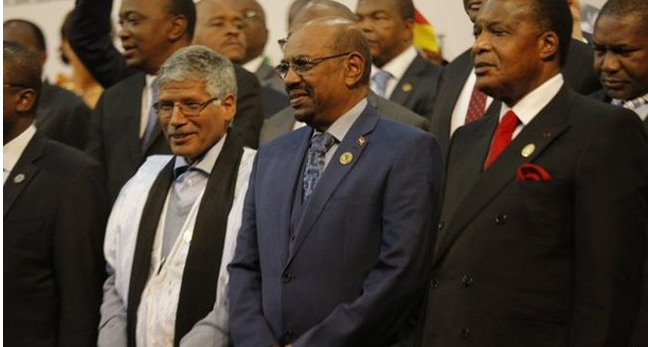A Pakistani court has freed eight out of 10 men charged with organising the shooting of Malala Yousafzai, a teenage activist known for advocating the rights of women to education.
Salim Khan, a senior police official said the men were freed because there was not enough evidence to connect them to the attack.
“The only reason for their release was lack of proof against them,” Khan said.
In October 2012, armed militants boarded her school bus in the north-western Swat valley of the country, opening fire on her and also injuring Shazia Ramzan and Kainat Riaz, her school mates.
Advertisement
Though the three narrowly escaped death, the incident shot them, particularly Malala, into the limelight and drew more attention to the plight of the average Pakistani activist.
Pakistani Taliban militants claimed responsibility for attack.
However, in September 2014, Asim Bajwa, the country’s army spokesman, said the men behind the attack had been arrested.
Advertisement
“The group involved in the attack on Malala Yousafzai has been arrested,” he said.
“The men are currently being interrogated and will face an anti-terrorism court soon.”
Bajwa revealed that the suspects had been working under the instructions of Mullah Fazlullah, the chief of the Pakistani Taliban.
They were subsequently tried in an anti-terrorist court in Swat and convicted in April.
Advertisement
But on Friday, the accused were released because security officials believe that the gunmen have fled to Afghanistan.
The case will raise further questions over police competence and accountability in Pakistan.
Waseem Ahmad Shah, a journalist in the northern city of Peshawar, said terrorism trials were wrapped in secrecy.
Malala’s family members said they were surprised by the news.
Advertisement
“Ziauddin Yousafzai, her father, gave me a call today [Friday]. He came to know about the news from British media and was unaware about proceedings of the case,” said Ahmed Shah, a close friend of the family. “He did not show much interest in the case as well.
“The whole proceedings of this case were kept secret,” Shah said. “Nobody even knows who represented Malala in the case.
Advertisement
“The entire trial of Malala Yousafzai was kept a closely guarded secret and conducted under the supervision of the Pakistani army,” Shah said. “Media had no access to the trial and that was the major reason why the case was misreported.”
Malala became a global symbol of defiance after she campaigned for girls’ education despite Taliban repression.
Advertisement
She is a recipient of the 2014 Nobel Peace prize.
Advertisement
Add a comment






